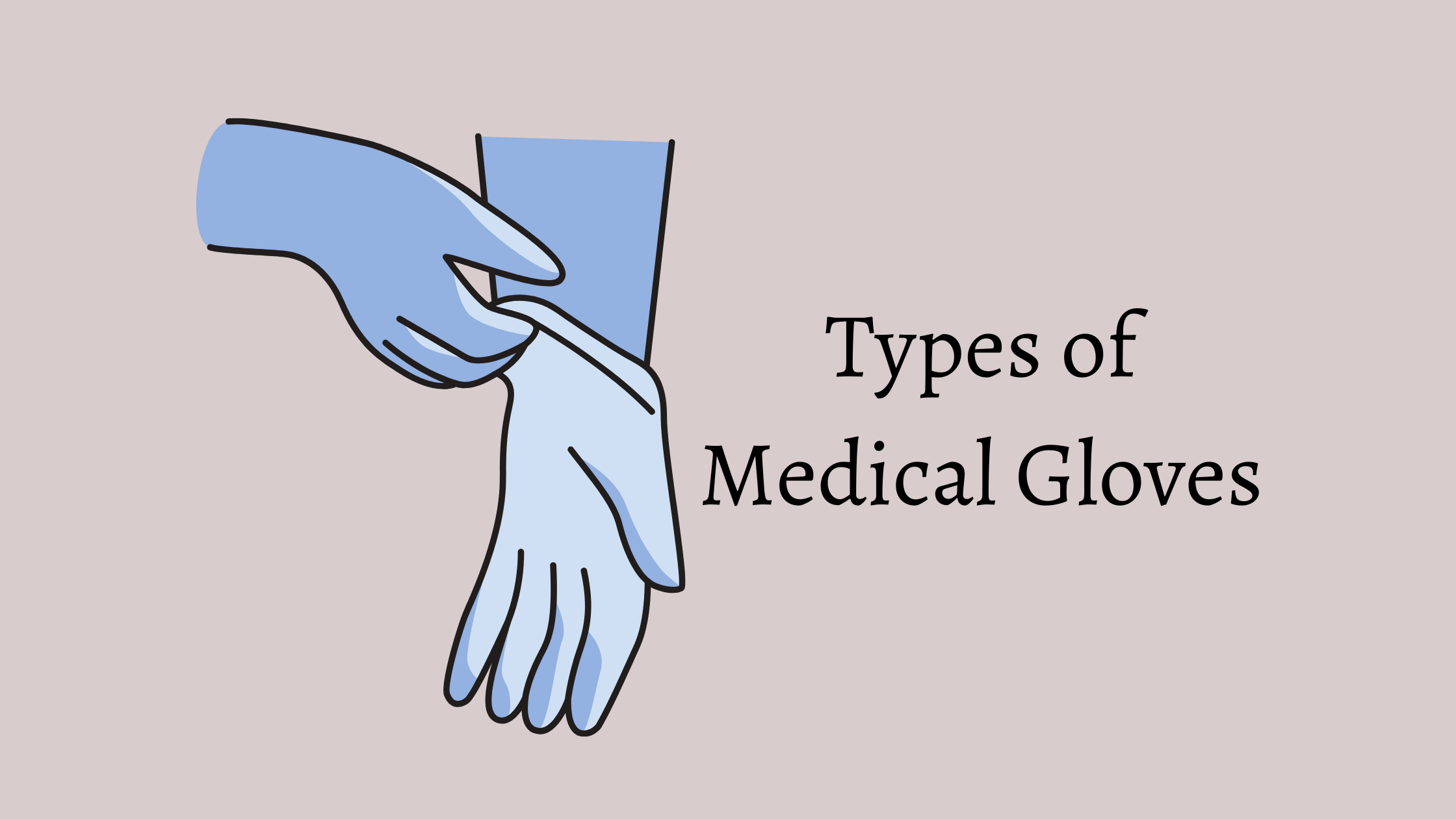
As the world continues to grapple with the COVID-19 pandemic, the importance of medical gloves in healthcare settings cannot be overstated. Medical gloves act as a barrier between healthcare workers and patients, preventing the spread of pathogens and reducing the risk of cross-contamination. However, not all medical gloves are created equal, and surgical glove manufacturers offer different types of gloves for varying applications.
Latex Gloves
Latex gloves have been the standard choice for healthcare workers for many years. They are made from natural rubber latex and are known for their high elasticity and comfort. Latex gloves offer excellent tactile sensitivity and are ideal for tasks that require fine motor skills, such as surgical procedures.
The benefits of latex gloves are their natural fit and enhanced sensitivity, allowing for more precise procedures. However, there are also potential drawbacks. Latex is known to cause allergic reactions in some individuals, and healthcare workers may develop sensitivity to latex with repeated use. Additionally, there have been concerns that latex gloves can shed latex particles, which may cause contamination in sterile settings.
Vinyl Gloves
Vinyl gloves offer an alternative to latex gloves, offering a more affordable option for those who need to use disposable gloves frequently. They are made from synthetic polyvinyl chloride (PVC) and are generally considered less durable than latex or nitrile gloves.
The benefits of vinyl gloves are their affordability, making them a cost-effective option for non-repetitive procedures. Additionally, vinyl is generally not associated with allergic reactions, making them a safer choice for those with latex allergies. However, vinyl gloves are known for their poorer fit and reduced flexibility, leading to reduced precision during surgical procedures.
Nitrile Gloves
Nitrile gloves are a synthetic alternative to latex gloves, offering comparable tactile sensitivity and elasticity. They are made from a synthetic rubber material and are resistant to chemical and biological agents. Nitrile gloves are ideal for those who work with hazardous chemicals or potentially infectious materials, as they offer better protection against exposure.
The benefits of nitrile gloves are their resistance to chemicals and durability, making them an ideal choice for handling hazardous materials. They are also generally considered safer than latex gloves, as they do not cause allergic reactions. However, the main drawback of nitrile gloves is their higher cost, which may make them less appealing for non-repetitive procedures.
Nitrile powder free gloves have become increasingly popular in the medical field due to their superior puncture resistance and barrier protection. These gloves are made from a synthetic rubber material, which makes them ideal for people with latex allergies. The absence of powder in these gloves also eliminates the risk of skin irritation and contamination during sensitive procedures. One of the main applications of nitrile powder-free gloves is in surgical settings.
These gloves provide exceptional tactile sensitivity, allowing surgeons to perform intricate procedures with precision and accuracy. The high level of protection offered by these gloves also minimizes the risk of cross-contamination between patients and healthcare providers.
Another important application for nitrile powder-free gloves is in laboratory environments. In research facilities or diagnostic laboratories, where substances can be hazardous or infectious, it is crucial to use gloves that offer maximum protection against chemical exposure and biological agents. Nitrile powder-free gloves are resistant to many common chemicals and provide an effective barrier against bloodborne pathogens, ensuring the safety of laboratory personnel.
Their durability makes them suitable for prolonged use without compromising on comfort or dexterity. In conclusion, nitrile powder-free gloves are a versatile option that provides healthcare professionals with reliable protection across various medical settings. Their benefits include excellent puncture resistance, latex allergy prevention, reduced risk of contamination, and broad applicability in both surgical and laboratory environments. By using these high-quality gloves, medical professionals can enhance safety measures without sacrificing performance or comfort.
Choosing the Right Gloves for the Job
When choosing medical gloves, it’s essential to consider the specific needs of the application. For example, surgical glove manufacturers may recommend latex gloves for surgical procedures that require high precision, while nitrile gloves may be a better choice for handling hazardous materials. For everyday tasks, vinyl gloves may offer a more cost-effective alternative.
It’s also essential to consider the safety of healthcare workers and patients. Healthcare workers with latex allergies must use non-latex options, such as vinyl or nitrile gloves, and adhere to strict safety protocols to prevent cross-contamination. Additionally, surgical glove manufacturers should consider the environmental impact of the gloves they produce, including their disposal and carbon footprint.
The Role of Electronic Shelf Labels
Electronic shelf labels (ESLs) can play an essential role in healthcare settings, particularly in managing inventory and reducing waste. ESLs allow surgical glove manufacturers to tag and track individual glove batches from production to disposal, ensuring safety and compliance with regulatory standards.
Additionally, ESLs can reduce waste by optimizing inventory management and preventing the overstocking of gloves. As an environmentally conscious option, surgical glove manufacturers can use recycled materials to create ESLs that are more sustainable and cost-effective.
Conclusion
In summary, the choice of medical gloves depends on the specific needs of the application, considering the safety of healthcare workers and patients. Latex gloves offer enhanced sensitivity, vinyl gloves offer affordability, and nitrile gloves offer durability and resistance to hazardous materials. Electronic shelf labels can play a critical role in managing glove inventory and reducing waste, making them a more sustainable option for surgical glove manufacturers. By selecting the right medical gloves and implementing sustainable practices, healthcare workers and patients can stay safe and protected, and surgical glove manufacturers can contribute to a greener future.